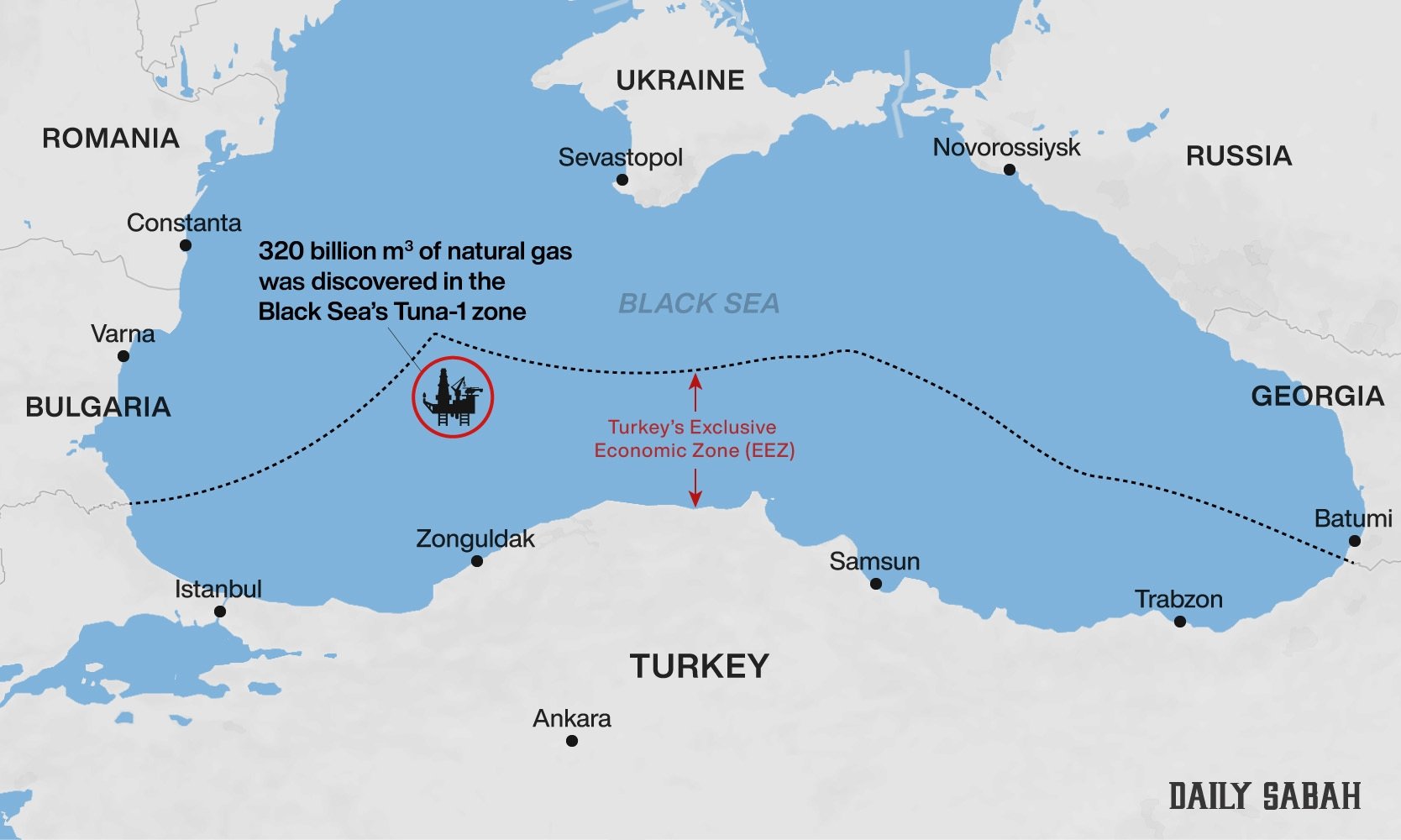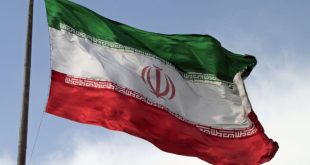In mid-August, Turkey officially announced the discovery of a massive, 320-billion-cubic-meter (bcm) natural gas field in the Black Sea, in an exploration zone called “Tuna-1” (TRT World, August 21). The news was met with some skepticism from energy experts, notably in the Middle East (Arab News, August 24). Yet, if the finding ends up being (at least mostly) verified, it promises to transform production, distribution and export flows both regionally and throughout the global energy market. The successful exploitation of the Tuna-1 field may help offset Turkey’s annual gas import costs from its three biggest foreign sources—Azerbaijan, Russia and Iran—worth more than $40 billion dollars a year (Daily Sabah, August 24). Moreover, coupled with Ankara’s energy exploration efforts in the Eastern Mediterranean as well as domestic infrastructure expansion and market liberalization policies, this Turkish gas find in the Black Sea will move the country further along toward its goal of becoming an important regional energy hub (TRT World, November 6, 2017; see EDM, July 6, 2020; World Oil, August 23, 2020).
To achieve those objectives, however, will require additional financial resources and specialized extraction technology. According to International Energy Agency (IEA) Executive Director Fatih Birol, the announced gas reserves Turkey discovered buried deep beneath the seafloor in the Black Sea are valued at $80 billion based on today’s market prices. But an investment of $6 billion dollars will be necessary to draw out the volumes in question. Nonetheless, Birol, who is a Turkish national, added, “The discovery of the gas field is a turning point for the Turkish energy sector. This is a field that falls into the huge category. Turkey is completely dependent on external sources regarding natural gas. This gas will seriously reduce our dependence on external sources. It will lead to a significant decrease in Turkey’s current deficit in the energy imports bill” (Oilandgas360.com, August 24).
Over the past decade, Turkey has made large investments in its domestic energy infrastructure, notably including an expansion of liquefied natural gas (LNG) import capacity to 50 bcm per year, which is even higher than the country’s total annual gas consumption, equal to around 45 bcm in 2019 (Anadolu Agency, May 14). And though Russia rose to become Turkey’s largest (over 50 percent of domestic market share) foreign source of gas in 2018, since then that reliance on Russian pipeline gas has dropped significantly, to only 14 percent this year. Instead, neighboring Azerbaijan has overtaken Russia as Turkey’s largest single source of imports, while LNG shipments, particularly from the United States, grew to 10 percent of all foreign gas purchased in April 2020 (see EDM, July 6). In light of these market transformations and a global supply glut, Turkey is undergoing renegotiations to long-term contracts with suppliers Russia, Iran and Algeria. Presumably, the Tuna-1 gas field find will further bolster Ankara’s position of strength at these talks as it seeks more preferable pricing deals on imports (Sozcu.com.tr, August 24).
According to Sohber Karbuz, a scholar and division director at the Mediterranean Observatory for Energy industry association, the discovery of a huge offshore gas field in the Black Sea—particularly if additional large fields are later found nearby—could eventually transform Turkey’s entire economy thanks to the domestic substitution of gas imports and the related investments that will be required to make it happen. However, he warned, those changes will not be seen for some time (CNN-Turk, August 24). Pointing to Egypt’s discovery of the 860 bcm Zohr Field in the Eastern Mediterranean several years ago, Karbuz said, “The time span between the discovery of this huge field to the beginning of the first gas flow was only 28 months. This is a record in this sector.” The more normal time between an offshore gas discovery and the beginning of volume flows from that field usually takes between five and seven years. And for Turkey, there will be additional time hurdles to pass first. It will need to carry out many production tests of the field, which will last seven to eight months or even a year. The ships necessary for such activities are not readily available on any given moment, however; so Ankara will need to enter the queue to rent such vessels (Takvim.com.tr, August 25). In the meantime, Karbuz suggested, Turkey should make the most of the fact that the country is surrounded on three sides by open water and follow the Norwegian example: investment in and development of offshore wind energy technology would help reduce reliance on foreign sources of energy as the Black Sea field comes online, while the simultaneously developing homegrown renewable and hydrocarbon sectors would benefit from each other (CNN-Turk, August 24).
Prominent energy analyst Necdet Pamir pointed out that hasty energy reserve discovery announcements can lead to misleading outcomes. “It is not scientific to declare the size of a field and then simply convert it into dollar terms. Let us neither underestimate nor exaggerate it. The discovery of gas has an economic value. However, drilling one [test] well and then declaring a reserve is not correct. Further tests should be done. Wells should be opened. […] The reserve cannot be understood from the very first day. The declared estimates are speculative” (Sozcu.com.tr, August 24).
Assuming that Turkey’s large natural gas discovery in the Black Sea lives up to early expectations, the field should help reduce the country’s dependence on foreign suppliers. But the find in the Tuna-1 zone will not be enough to entirely eliminate the need for energy imports. To achieve a real level of self-sufficiency, new fields will need to be found, the share of renewable energy in the country’s energy basket increased, and present nuclear power plant projects put into operation. Whereas, to become a regional energy hub, Turkey will have to continue to invest in domestic energy infrastructure and provide the necessary conditions for the liberalization of the market.
If the needed capital and technology materialize to extract gas from the Black Sea field, the resource could begin to reach domestic consumers by 2023, at the earliest. And potential further Turkish discoveries in the Black Sea or the Eastern Mediterranean will forever alter the geopolitics of energy in the region in Ankara’s favor. These trends, in turn, can be expected to continue to raise Turkish national pride, which will translate into greater popularity of the ruling government.
https://jamestown.org/





